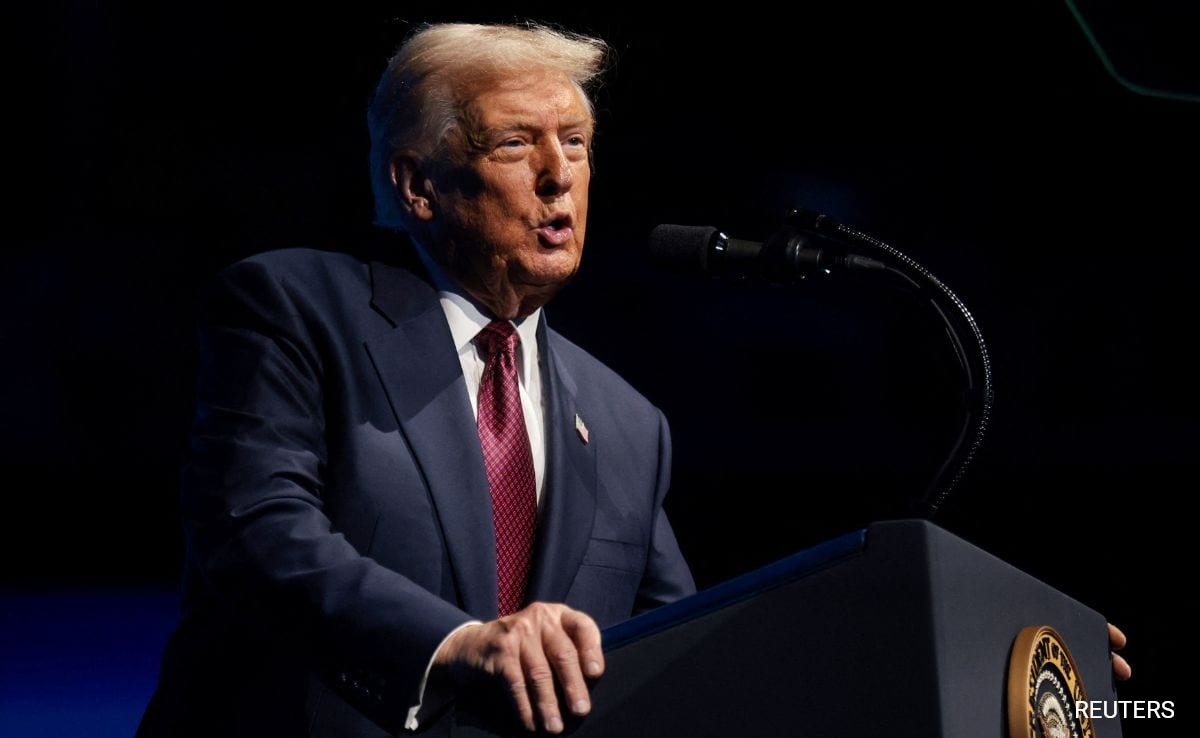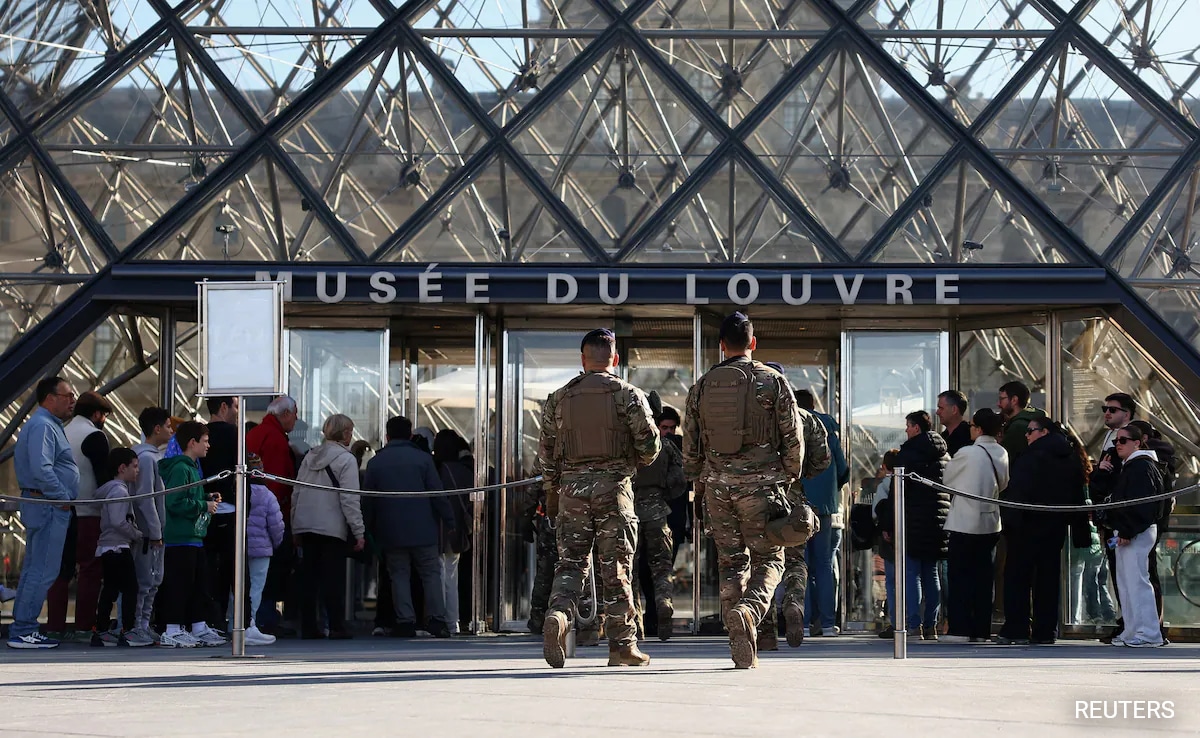But Indian officials have not committed to a firm date. Instead, mixed messaging has clouded production forecasts, even as President Biden plans to call on global leaders to make new commitments to fight the pandemic, including fully vaccinating 70 percent of the worldâs population by next September.
In early April, the chief executive of the Serum Institute of India â the worldâs largest vaccine manufacturer by doses and a producer of the relatively low-cost AstraZeneca shots seen as a lifeline for developing nations â told the Associated Press that the company could resume vaccine exports in June if the domestic health situation improved.
Infections increased the following month, however, peaking in May with at least 2.7 million cases reported in one week. The institute subsequently said in a statement that it hoped to restart exports by the end of the year, but that it would not do so âat the cost of the people in India.â
In August, the head of a group advising the Indian government on vaccinations told Bloomberg News that the country was likely to allow exports next year.
Indiaâs ban has been particularly devastating for lower-income countries that are bearing the brunt of the latest wave of the pandemic. Covax officials said last week that Indiaâs export curb was one of the reasons the program would only have access to about 1.4 billion doses by the end of 2021, far short of the 2 billion doses it had planned for.
Biden administration officials are also working to incentivize India to resume vaccine exports, according to an Axios report citing unidentified people. But U.S. officials, conscious of Americaâs booster program and the White Houseâs decision to restrict exports of key raw materials that go into vaccine production, have been cautious about pushing too hard.
Before the export ban, India had sold or donated about 66 million doses of the virus to almost 100 lower-income countries, government data show. On Sunday, India recorded a seven-day rolling average of 33,793 infections â or about a 10th of what it was reporting in early May. The country has also administered at least one vaccine dose to about 40 percent of population of nearly 1.4 billion.
Read more:
.png)











 English (United States) ·
English (United States) ·  Turkish (Turkey) ·
Turkish (Turkey) ·